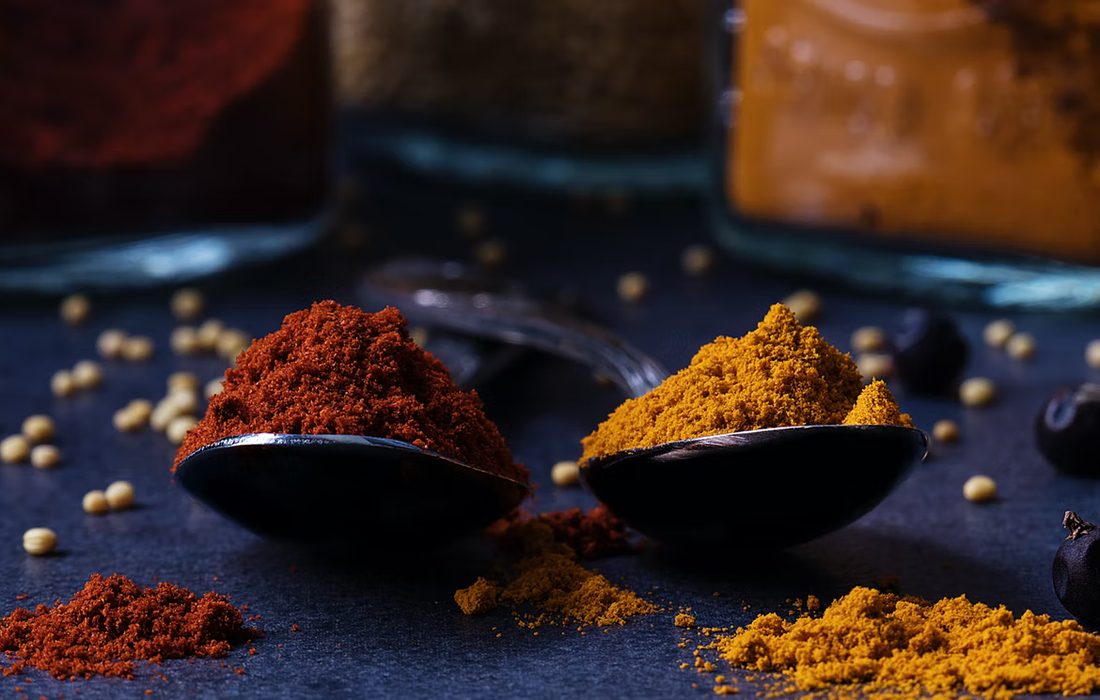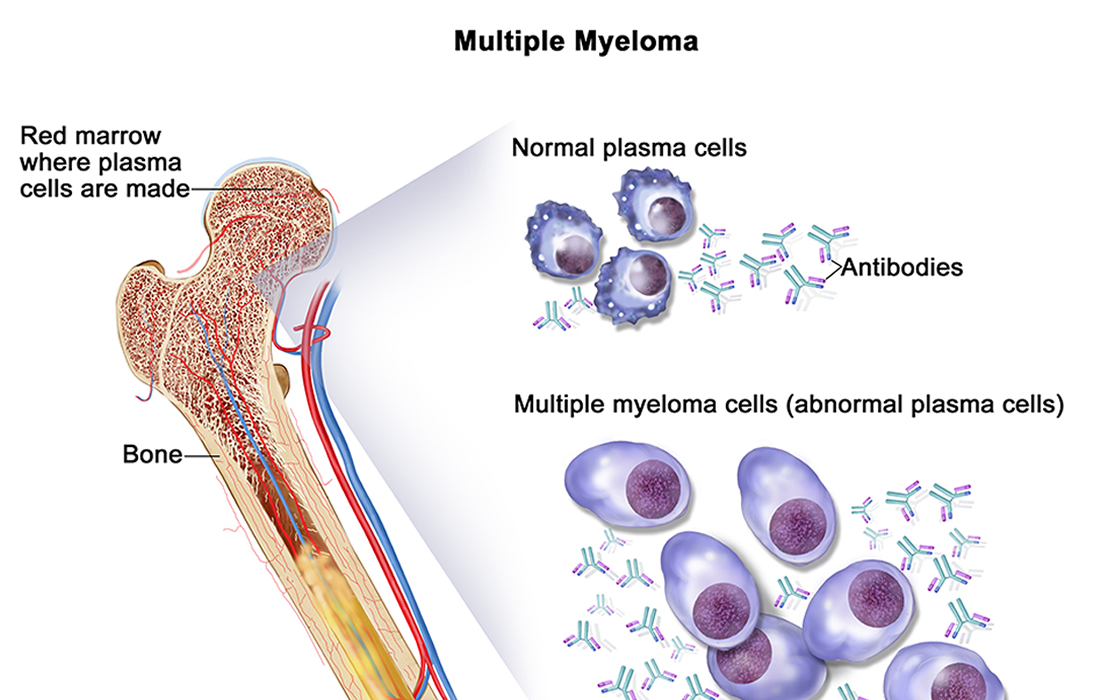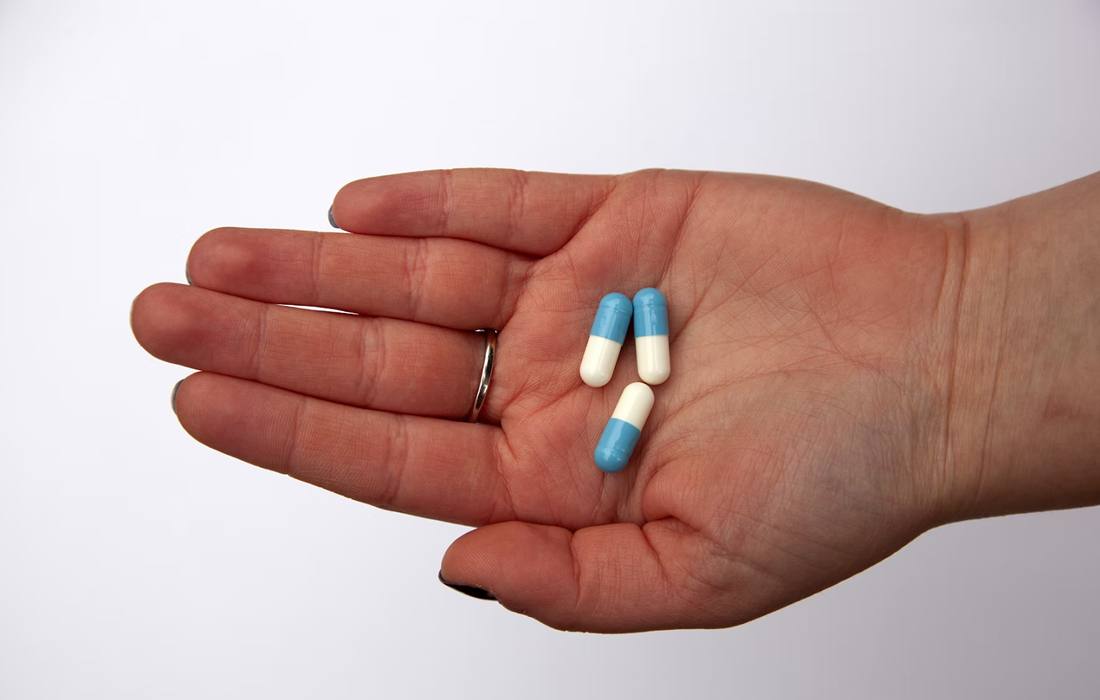Physical inactivity is a global public health problem. Several national and international physical activity guidelines recommend regular muscle-strengthening activities for adults. For example, the recent WHO guidelines recommend that adults should perform muscle-strengthening activities ≥2 days/week. Doing these types of exercises increases or preserves skeletal muscle strength, which has shown to be inversely associated with […]
Monthly Archives: March 2022
A new antiinflammatory candidate drug, known as 3,6′-dithiopomalidomide (DP), designed by researchers at the National Institute on Aging (NIA), protected lab mice against cognitive decline by reducing brain inflammation. The research team from the National Institute of Health published their findings in the Alzheimer’s and Dementia: The Journal of the Alzheimer’s Association. AD is the […]
“Ketogenic” is a term for a low-carb diet (like the Atkins diet). The idea is for you to get more calories from protein and fat and less from carbohydrates. You cut back most on the carbs that are easy to digest, like sugar, soda, pastries, and white bread. When you eat less than 50 grams […]
What is Curcumin? Curcumin, also called diferuloylmethane, is a natural polyphenol found in turmeric, a spice that has received much interest from both the medical/scientific worlds as well as from the culinary world. Turmeric has been traditionally used in Asian countries as a medical herb due to its antioxidant, anti-inflammatory, antimutagenic, antimicrobial, and anticancer properties. […]
Multiple myeloma is a cancer that forms in a type of white blood cell called a plasma cell. Healthy plasma cells help you fight infections by making antibodies that recognize and attack germs. In multiple myeloma, cancerous plasma cells accumulate in the bone marrow and crowd out healthy blood cells. Rather than produce helpful antibodies, […]
Colorectal Cancer Overall, the lifetime risk of developing colorectal cancer (CRC) is: about 1 in 23 (4.3%) for men and 1 in 25 (4.0%) for women. A number of other factors (described in Colorectal Cancer Risk Factors) can also affect your risk for developing colorectal cancer. In the United States colorectal cancer is the third […]
After we ingest food the insulin concentration increases and by doing so, glucose intake and oxidation in peripheral tissues happen. Insulin also activates lipoprotein lipase which promotes the storage of dietary fat in adipose tissue. When we fast, the plasma levels of insulin decrease, which results in lipolysis, a shift from glucose to fat oxidation […]







